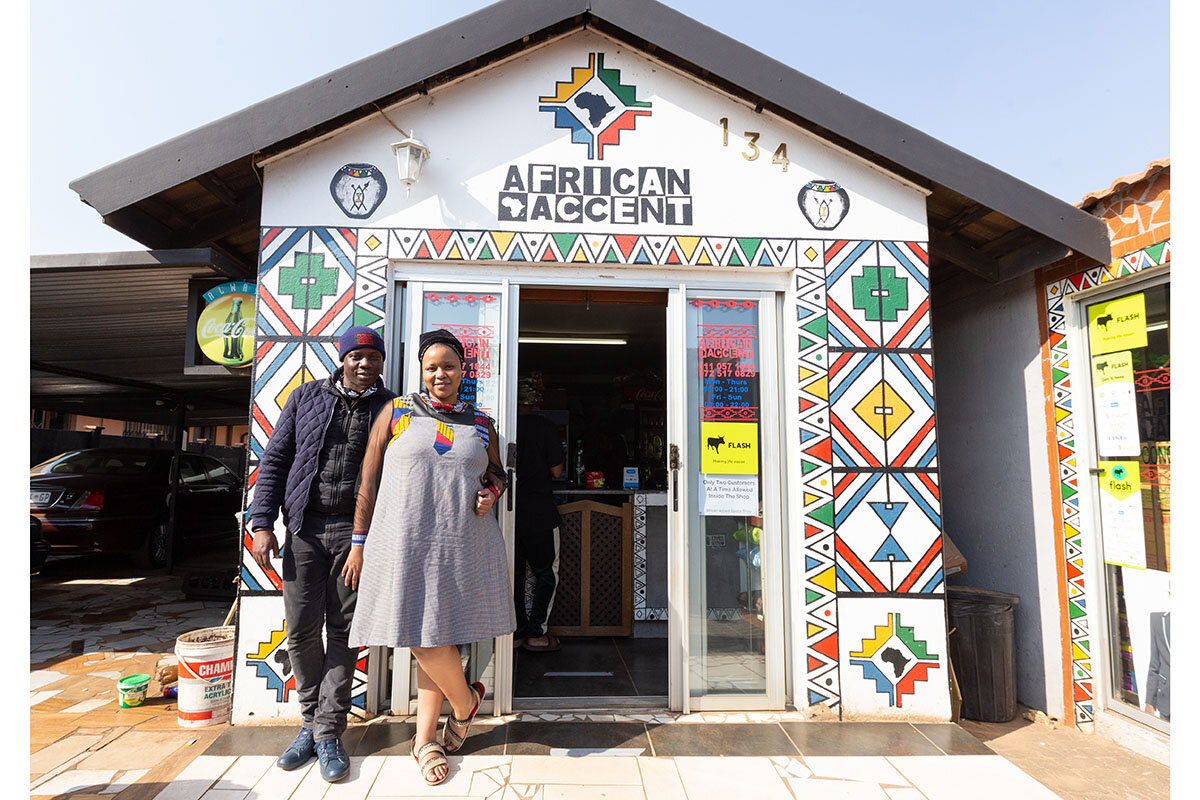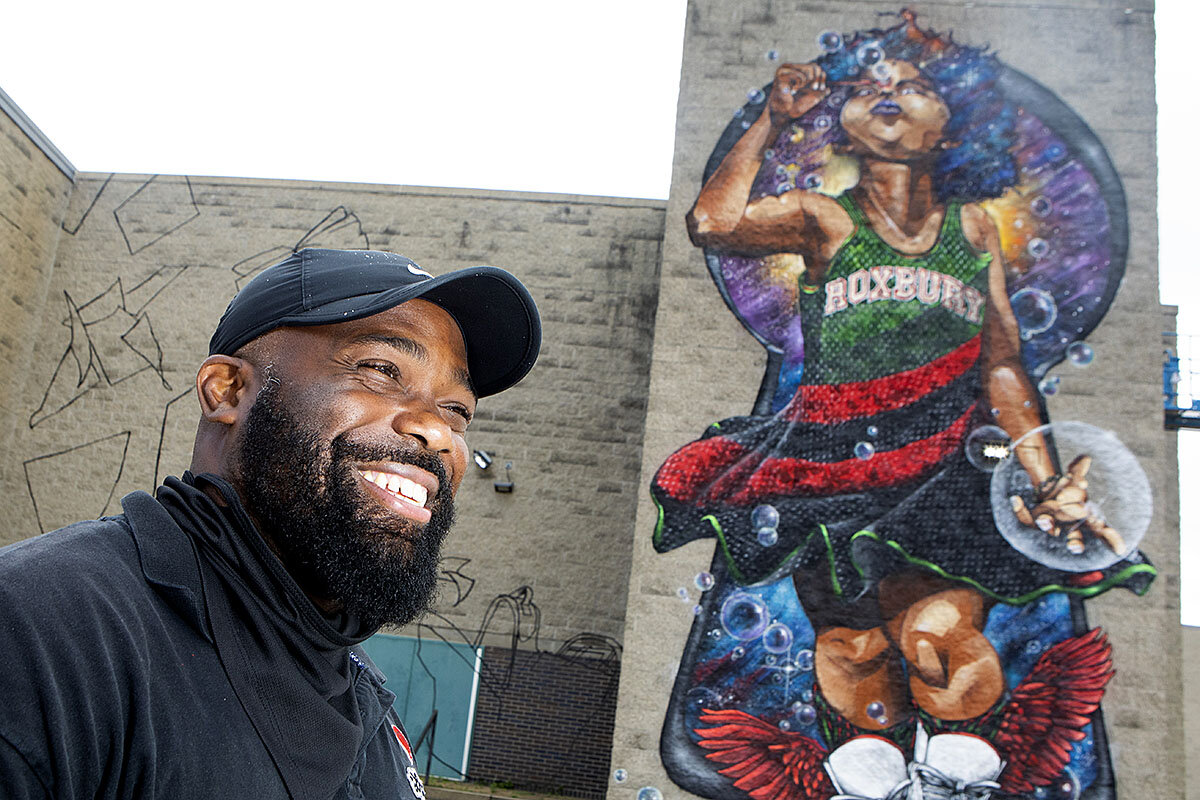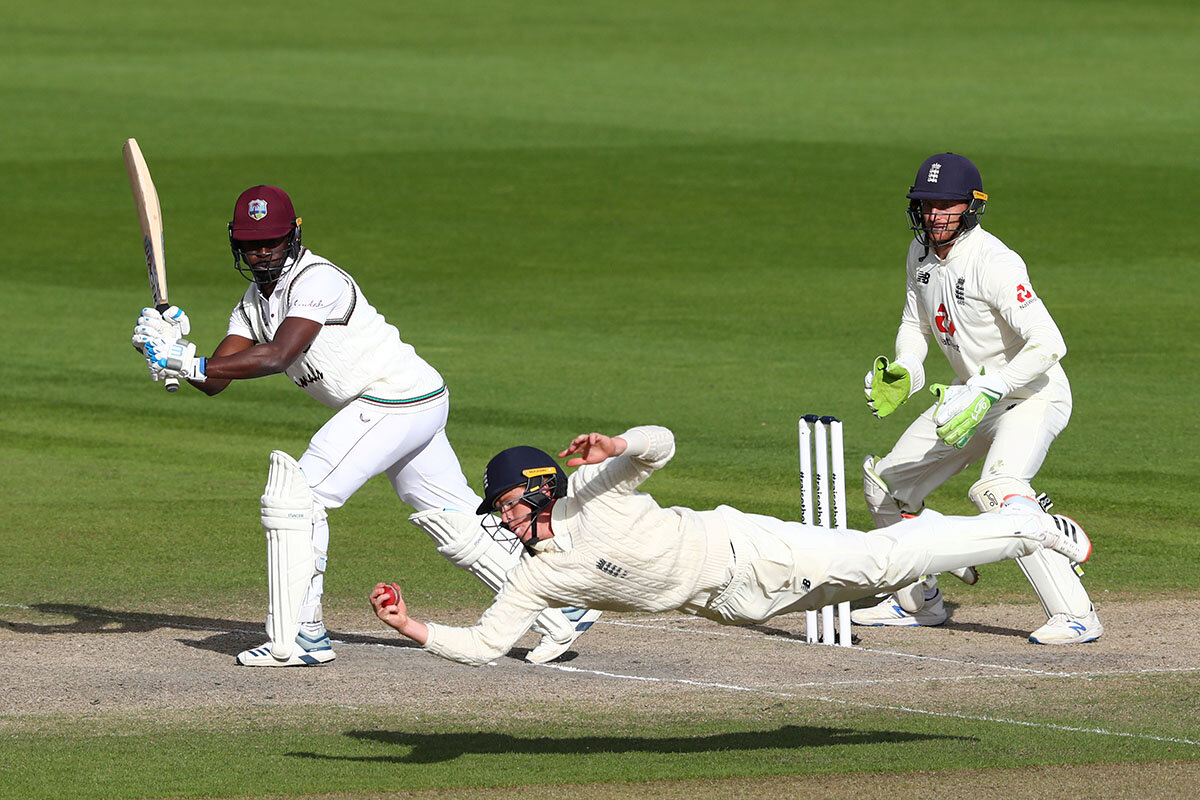The pandemic has exacerbated divides and deepened inequalities. No two individuals’ experiences are the same. But in South Africa, as anywhere, our experiences are bound by common threads: fatigue, love, uncertainty, resolve.
Monitor Daily Podcast
- Follow us:
 Linda Feldmann
Linda Feldmann
Out of crisis comes opportunity, the saying goes. For Abraham Walker, that meant moving his family from New Orleans to northern Virginia after his brother’s murder.��
��
Mr. Walker’s sons were young, and he wanted them to attend better schools and have a life in which the loss of friends and relatives didn’t seem “normal,” .��
��
Now, a few years later, a new normal has set in for everyone – at times, profoundly, not for the better. But Mr. Walker is an “aggressive optimist,” he says, and while visiting a group Facebook page recently, he was moved to ask: “What are some positive things that have happened to you because of COVID-19? For starters, I see my kids more.”
��
Hundreds of answers poured in, from the simple to the life-altering. “I successfully grew a tomato,” wrote one person. Another “learned to eat intuitively rather than emotionally."
Underlying a lot of the observations was a sense of privilege that comes from having a job that can be done remotely. Plenty of Americans aren’t so fortunate. But among those who are, many are giving back – including people who have recovered from the virus, as Monitor reporter Sarah Matusek recently wrote.��
��
I’ve seen many people experience joys big and small from this sudden paradigm shift. A family on my street suddenly moved to California after proving to their employers that they could work successfully from home. A friend’s husband, who travels often, taught his daughter to ride a bike.��
��
I’ve enjoyed my evening walks around Washington, D.C., admiring the fabulous architecture�� – which I hardly notice while driving – and discovering the joys of podcasts. I’ll stop there. The list is long.











